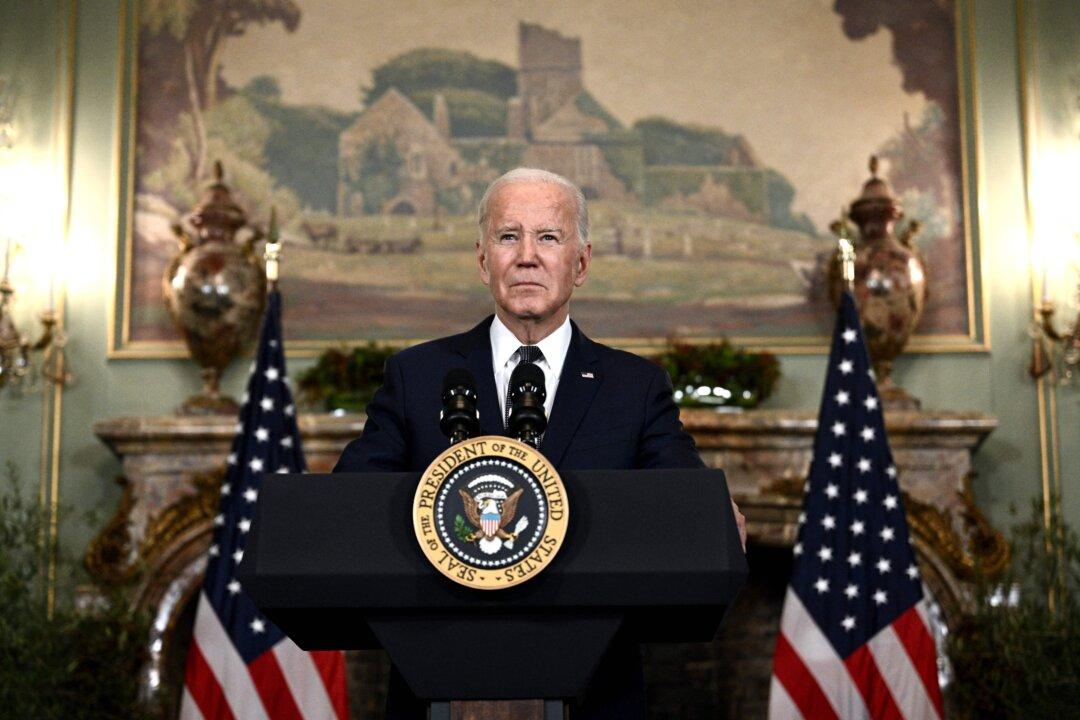WOODSIDE, Calif.—President Joe Biden has again called China’s communist party leader Xi Jinping a dictator after their second face-to-face meeting that ended with the two countries addressing a set of contentious issues, including military communication, fentanyl, and Taiwan.
“After today, would you still refer to President Xi as a dictator, the term that you used earlier this year?” a reporter asked the president during a press conference after the meeting on Nov. 15.





